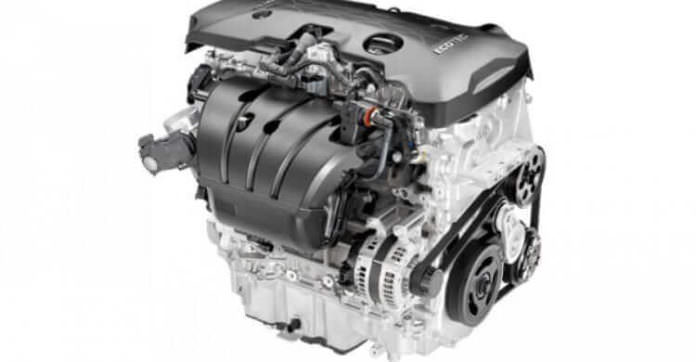
Answering reader mail. – A reader in Houston emailed me last week ([email protected]) with an energy-related question that is very timely. Here follows the email and answer I provided:
Email:
David,
I really enjoyed reading this article:
7 Key Things To Know About Oil and Gasoline
Your last point contained this tidbit that caught my attention:
“The reality is that, despite the growing intervention into the auto market by electric vehicles, the demand for gasoline and crude oil in the U.S. continues to rise, and is projected to keep doing so into the future.”
- How will the shift to electric vehicles impact the demand on Oil and Gas?
- Roughly what % of global consumption is for vehicle fuel?
- Do you think we’ll fully go to electric vehicles and how will this shift effect Houston’s economy in the near and far term?
I’ve got a chunk of my net worth wrapped up in my house [near Houston], and am wondering what a drop in global demand would do to all these O&G companies and the local housing market.
Answer: [Edited and expanded slightly for clarity.]
The potential for EVs is wildly over-hyped in the news media. The shift to EVs is far outpaced by the ongoing increases in demand for crude oil, not just in the U.S. but even moreso globally. That is not going to change anytime soon.
Why? Because that electricity to recharge them has to come from somewhere, and today mainly comes from power generated by coal and natural gas in the U.S. That’s another stark reality that is not going to change anytime in my lifetime, which I figure is another 25 years or so. [Every reliable projection – even those by the U.N. – project that fossil fuels will still account for the vast majority of global power generation in 2050.]
Here’s reality: The world has a choice where fossil fuels are concerned. First, we could burn more and more coal in power generation because it is not replaceable by intermittent power sources like wind and solar. Germany and Spain have clearly demonstrated this over the past decade, as they almost bankrupted their economies trying to do just that.
The alternative is to burn more and more gasoline in automobiles. You cannot have a geometric leap in EVs without burning far more coal than we do today, and the alternative to burn more gasoline is a much cleaner environmental solution. It is also a far more affordable solution for consumers.
Thus, it is a virtual certainty that we will continue to burn more gasoline in internal combustion engines for the next half century, and probably beyond.
Houston’s going to be fine.
[Expansion]
Now, to expand on that a bit, here are a couple of other reasons why the world will continue to produce and consume increasing amounts of oil in the coming decades:
First, you have the fact that thousands of other products that ordinary people rely on every day are produced either in whole or in part from petroleum. From plastics to chemicals to polyester to fertilizers to makeup to toothpaste, even to the computer on which I am typing this, people all over the world are heavily reliant on a vast variety of products that use petroleum as a feedstock.
Second, look at this incredible graphic:

What amazing progress in just ten years! Here’s the simple truth: None of that progress would have been possible without oil and natural gas. The developing nations of the world need access to plentiful, scalable and affordable sources of energy in order to join modern society and elevate their people out of squalor. This can only be achieved through the use of fossil fuels. Period.
So, bottom line, if you are worried about the oil and gas industry collapsing anytime soon, you need to find something else to worry about.
That is all.














